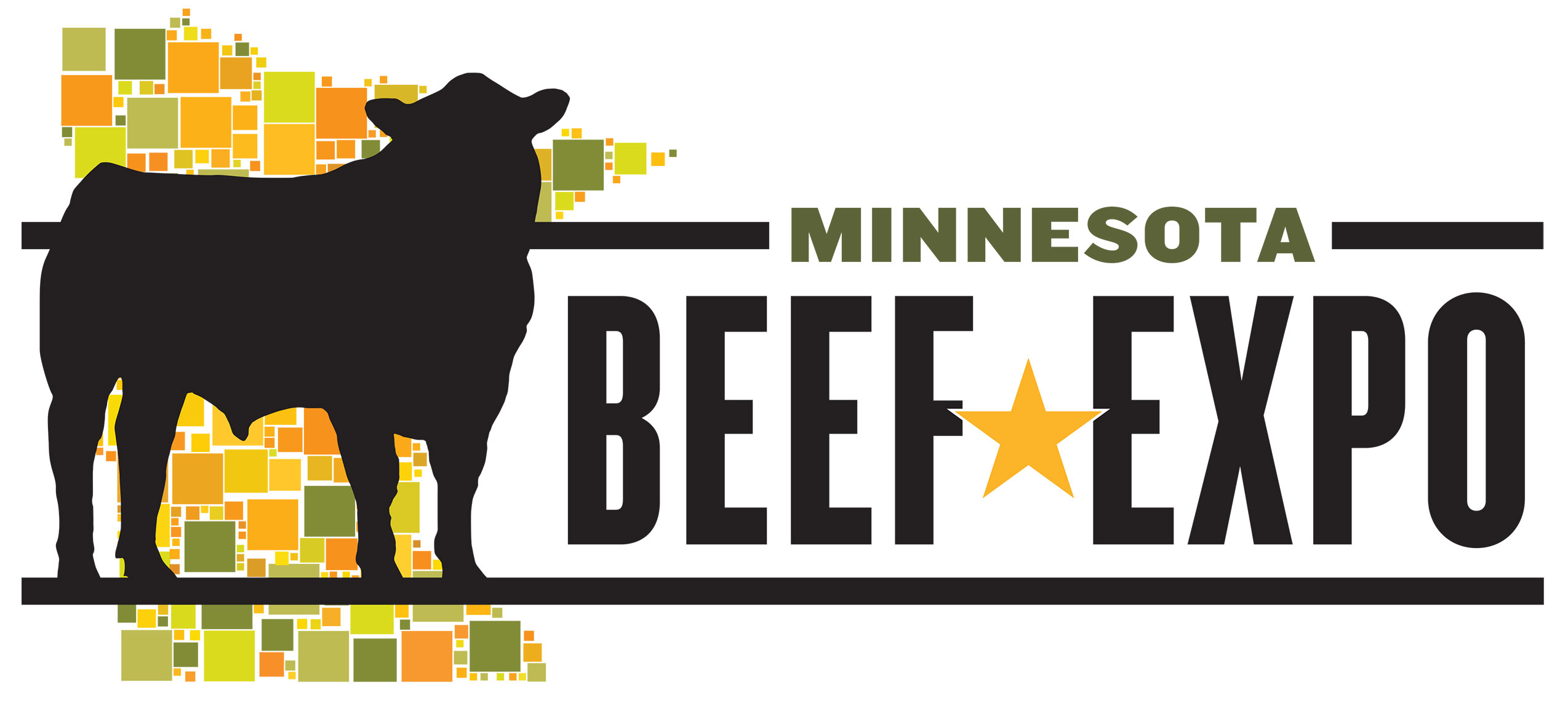Please review all cattle health and ID requirements listed below.
- Health regulations: All animals will be inspected by the official veterinarian the opening day of the exhibition and daily during the exhibition. The official veterinarian will order the immediate removal to a quarantine facility or removal from the exhibition premises of any animal showing clinical signs of any infectious, contagious or communicable disease, including ringworm and warts.
- Any animal showing evidence of any disease, abscesses, or any open contagious lesions will not be allowed to exhibit or show and will be subject to isolation or expulsion at the discretion of the official veterinarian.
- Suspected illness. If illness of any nature is suspected in any animal, the animal is subject to examination by the official veterinarian and owner or exhibitor of the animal must abide by the decision of the official veterinarian.
- Infectious, contagious or communicable disease. Animals known by the exhibitor to have an infectious, contagious or communicable disease, or to have been exposed to an infectious, contagious or communicable disease, or know to originate from a quarantined flock or herd may not be entered in exhibition.
- Animals with warts or ringworm may not be shown. A statement from a veterinarian that an animal is being treated for these diseases will not be accepted.
- Certificate of Veterinary Inspection (CVI)
- Cattle from Minnesota. Not required.
- Cattle from outside Minnesota. Required. CVI is valid for 30 days from the date the animals were inspected by an accredited veterinarian.
- Must list the Minnesota State Fair as consignee and will be accepted if examination and an import permit number is documented on the CVI. Cattle documented on an electronically issued CVI that is available to the Board in the original electronic format within 24 hours of issuance and complies with the Minnesota Administrative Rule 1721.0040 do not require an import permit.
- Must meet the Minnesota Importation requirements. See bah.state.mn.us/imports/, or call the Minnesota Board of Animal Health at 651-296-2942.
- Must meet the importation requirements of their state of origin if they are returning.
- Any animal showing evidence of any disease, abscesses, or any open contagious lesions will not be allowed to exhibit or show and will be subject to isolation or expulsion at the discretion of the official veterinarian.
- Cattle Identification (ID). The goal of these ID requirements is to uniquely identify animals so they may be traced to their source in the event of a disease outbreak.
- Official identification. Individuals must be officially identified; the following types are considered official. Must meet the requirements of both state and federal animal identification rules. For pictures of official ear tags and more information about official ID livestock, visit the Minnesota Board of Animal Health Official ID page at bah.state.mn.us/official-id/.
- USDA National Uniform Ear-tagging System (NUES). NUES ear tags begin with an official state number followed by three letters and then four numbers. Must display the U.S. shield. Metal or plastic.
- Metal NUES tags may be ordered at no cost from the Minnesota Board of Animal Health by calling 651-201-6836 or using the online tag order form.
- Orange brucellosis vaccination tags may only be applied by accredited veterinarians.
- Plastic NUES tags available for purchase from Leedstone.
- USDA National Uniform Ear-tagging System (NUES). NUES ear tags begin with an official state number followed by three letters and then four numbers. Must display the U.S. shield. Metal or plastic.
- USDA Animal Identification Number (AIN) visual (840) tags or Radio Frequency Identification Device (RFID). 15 digit number, beginning with 840. Must display the U.S. shield. May be purchased from most ear tag distributors.
- Canadian Cattle Identification Agency (CCIA) Radio Frequency Identification Device (RFID). 15 digit number, beginning with 124.
- Breed Registry Tattoos and Tags. Tattoos and tags which are only valid for movement within Minnesota and imports from Iowa, Missouri and South Dakota. Only acceptable if accompanied by documentation listing the breed registration number. Pending registrations are not acceptable.
- Official identification. Individuals must be officially identified; the following types are considered official. Must meet the requirements of both state and federal animal identification rules. For pictures of official ear tags and more information about official ID livestock, visit the Minnesota Board of Animal Health Official ID page at bah.state.mn.us/official-id/.

